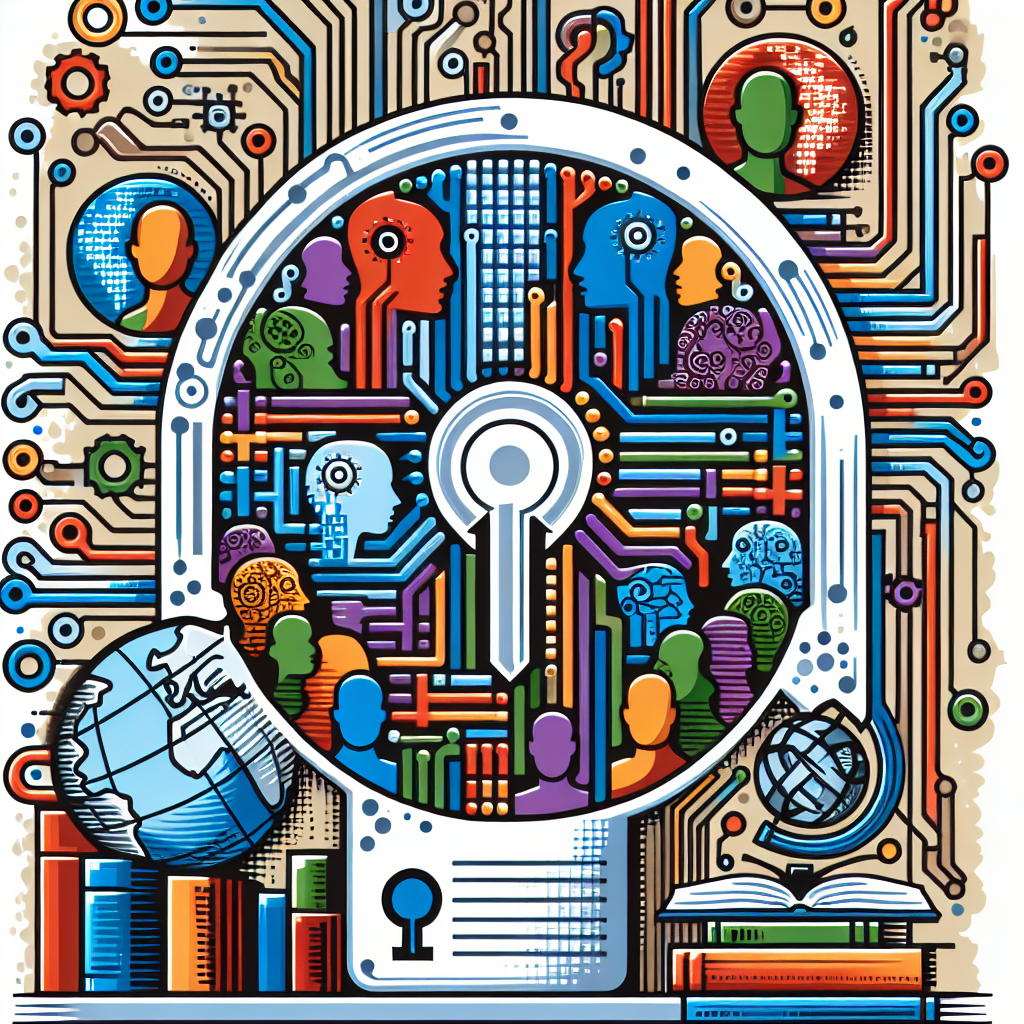Artificial Intelligence (AI) has rapidly become one of the most transformative technologies of our time, revolutionizing industries and changing the way we live and work. From virtual assistants like Siri and Alexa to self-driving cars and personalized recommendations on streaming platforms, AI is increasingly integrated into our daily lives. However, despite its vast potential, the accessibility of AI remains a significant challenge for many individuals and organizations. In this article, we will explore the importance of making AI accessible and the key to democratization.
What is democratization of AI?
Democratization of AI refers to the process of making AI technology accessible and available to a wider range of users, beyond just large tech companies and research institutions. This includes individuals, small businesses, and organizations with limited resources or expertise in AI. The goal of democratization is to empower more people to leverage AI to solve problems, drive innovation, and improve efficiency in various domains.
Why is democratization of AI important?
1. Inclusion and diversity: By making AI accessible, we can ensure that a diverse group of individuals and organizations have the opportunity to benefit from this technology. This can help address inequalities and create more inclusive solutions that reflect the needs and perspectives of different communities.
2. Innovation and creativity: When more people have access to AI tools and resources, it can lead to a greater diversity of ideas and approaches to problem-solving. This can spark new innovations and breakthroughs in various fields, driving progress and economic growth.
3. Economic empowerment: AI has the potential to create new opportunities for individuals and businesses, from automating routine tasks to enabling personalized services and products. By democratizing AI, we can help level the playing field and empower more people to compete in the digital economy.
4. Social impact: AI has the power to address complex social challenges, from healthcare and education to environmental sustainability. By making AI accessible, we can enable more individuals and organizations to develop solutions that have a positive impact on society.
What are the key barriers to AI accessibility?
1. Cost: Developing and deploying AI models can be expensive, requiring specialized hardware, software, and expertise. This can be a barrier for individuals and organizations with limited resources or budget constraints.
2. Skills gap: AI technology is complex and rapidly evolving, requiring specialized knowledge and skills to effectively leverage it. Many individuals and organizations lack the expertise needed to develop and deploy AI solutions.
3. Data access: AI models rely on large and diverse datasets to learn and make predictions. Access to high-quality data can be a challenge for many individuals and organizations, limiting their ability to train effective AI models.
4. Ethical and regulatory concerns: AI raises important ethical and regulatory questions around privacy, bias, and accountability. Addressing these concerns is critical to ensuring that AI technology is used responsibly and ethically.
How can we make AI more accessible?
1. Education and training: Providing training and resources to help individuals and organizations develop the skills and knowledge needed to work with AI technology. This includes online courses, workshops, and hands-on learning opportunities.
2. Tools and platforms: Developing user-friendly tools and platforms that simplify the process of building and deploying AI models. This can include drag-and-drop interfaces, pre-trained models, and cloud-based services.
3. Collaboration and partnerships: Encouraging collaboration between different stakeholders, including tech companies, government agencies, and non-profit organizations. By working together, we can leverage expertise and resources to make AI more accessible.
4. Data sharing and transparency: Promoting data sharing and transparency to improve the quality and diversity of datasets used in AI models. This can help address bias and ensure that AI technology is fair and equitable.
5. Ethical guidelines and standards: Establishing ethical guidelines and standards to govern the development and deployment of AI technology. This can help ensure that AI is used responsibly and ethically, addressing concerns around privacy, bias, and accountability.
In conclusion, the democratization of AI is essential for unlocking the full potential of this transformative technology. By making AI more accessible, we can empower more people to leverage its benefits and drive innovation across various domains. Through education, tools, collaboration, data sharing, and ethical guidelines, we can work towards a future where AI is inclusive, diverse, and impactful for all.

